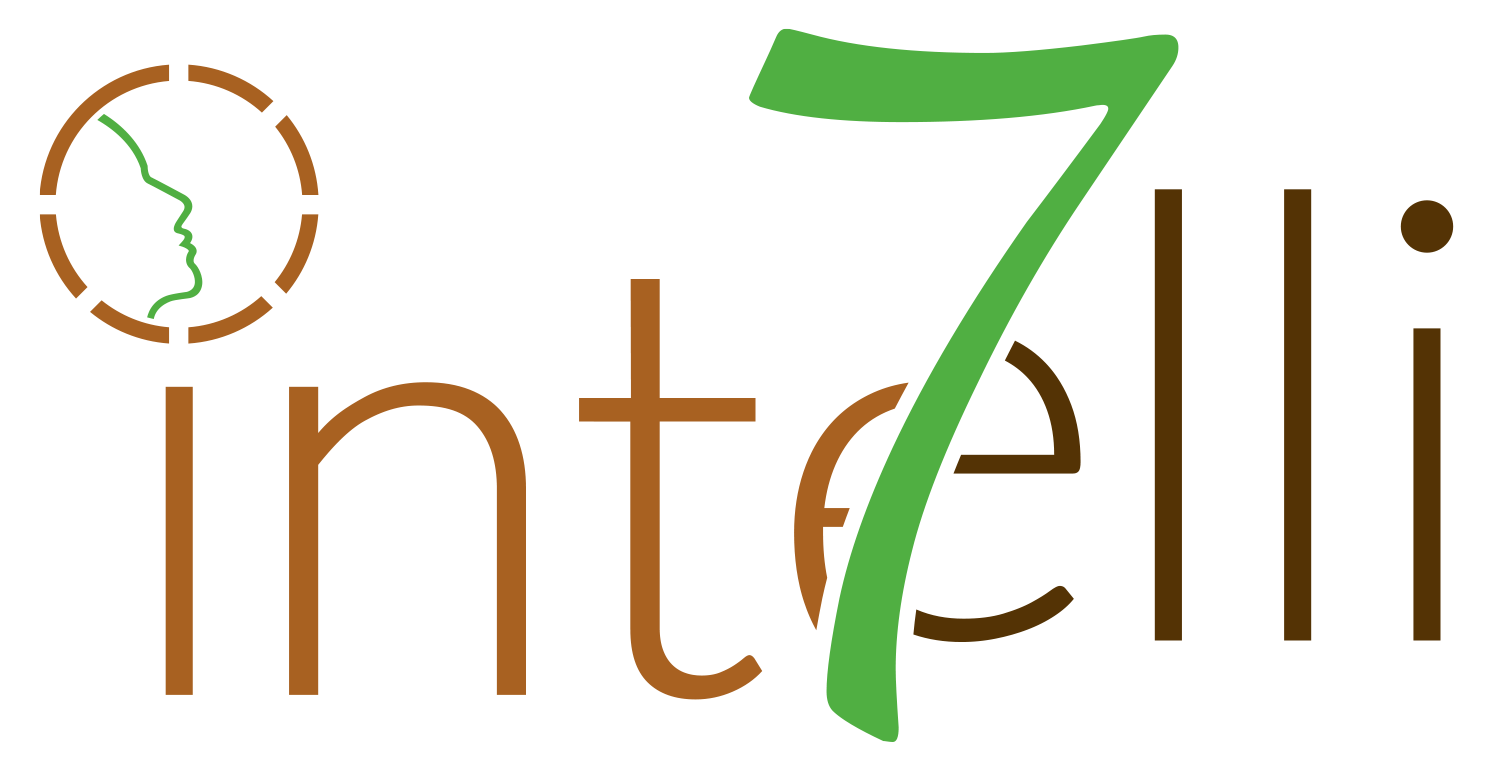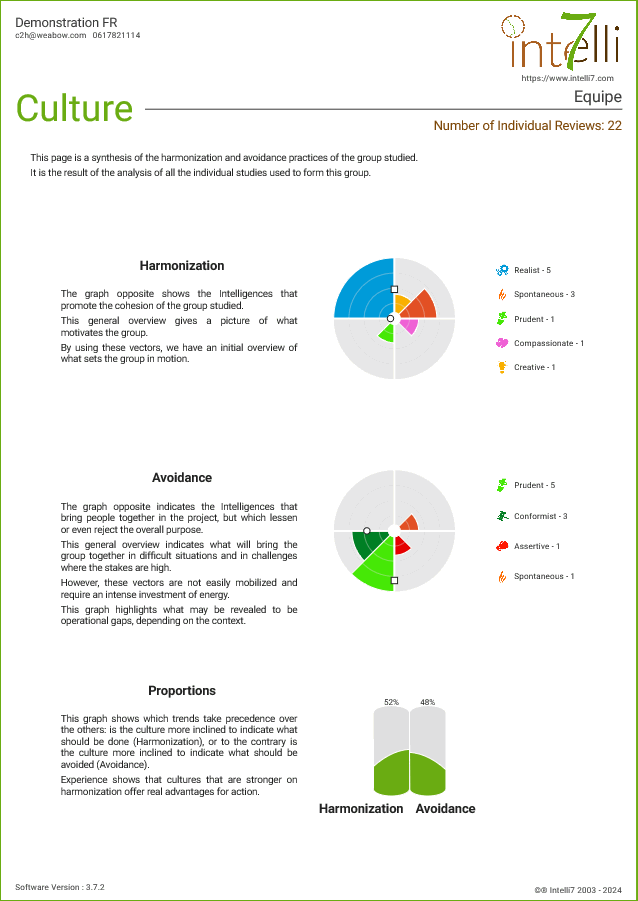

SANDRINE RIGNOL Ph.D - 100+CENT
PARIS - France
www.100pluscent.fr
HR Consultant - Professional Coach
I certified with Intelli7 at the end of 2016, at the same time as I completed my coaching certification. After more than 15 years in industry as an HRM/HRD, I thought I had developed a good understanding of people.
I came to acquire methods and tools to better deal with the issues we frequently encounter in HR.
Intelli7's strength lies in its ability to objectify and characterize what is more often than not the domain of impressions that are more or less confused and more or less shared by stakeholders. And the sooner we have an informed, shared diagnosis, the faster we can resolve the problem.
The other strength of Intelli7 is that it's a real Swiss Army knife, that can be adapted to both individual and collective problems.
I use it for recruitment, managerial development or Talent development, as well as for executive committee support or organizational change management.
Intelli7 helps me to quickly diagnose and propose a structured approach that responds to the issues identified.
Many of my customers have already told me: I could see that something was wrong, but I couldn't formulate the problem. Your intervention is exceptional.
 My references:
My references:
Alfa Laval, MBDA, industrial SMEs, consulting firms, associations in the medical-social sector











